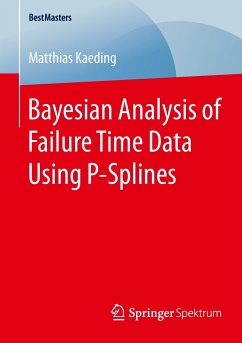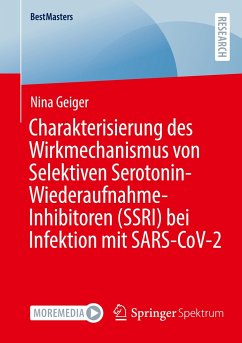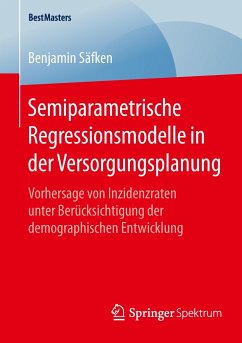
Impact of Survivin Acetylation on its Biological Function

PAYBACK Punkte
19 °P sammeln!
In his research, David Dannheisig investigates the influence of lysine129 acetylation on the biological function of survivin including alteration of nucleocytoplasmic shuttling as well as dimerization behavior. Since survivin participates in two major hallmarks of oncogenesis, namely cell death inhibition and chromosomal segregation during the cell cycle, it reflects a valuable target in cancer therapy and research. The author establishes proximity-dependent, fluorescence-microscopic methods to quantify the interaction of survivin with the export receptor Crm1 as well as the homodimerization i...
In his research, David Dannheisig investigates the influence of lysine129 acetylation on the biological function of survivin including alteration of nucleocytoplasmic shuttling as well as dimerization behavior. Since survivin participates in two major hallmarks of oncogenesis, namely cell death inhibition and chromosomal segregation during the cell cycle, it reflects a valuable target in cancer therapy and research. The author establishes proximity-dependent, fluorescence-microscopic methods to quantify the interaction of survivin with the export receptor Crm1 as well as the homodimerization itself. In the future, those systems can be usedto examine the feasible effect of chemical modulators which are targeting these interactions in a cellular background. The outcome achieved is an essential step towards the enhancement of potential cancer therapies.












